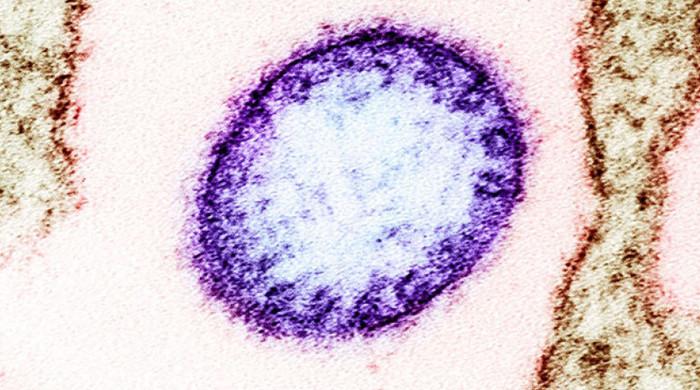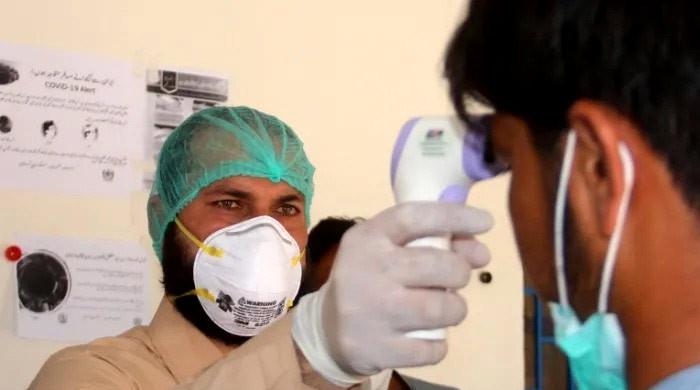What is 'PCOS' in women and how to treat it
PCOS is a common disorder which is caused by an imbalance of reproductive hormones in women's body
February 14, 2023

Polycystic ovary syndrome (PCOS) is a hormonal disorder that affects many women.
It is a common disorder which is caused by an imbalance of reproductive hormones in the body, leading to a variety of symptoms that can affect a woman's overall health and quality of life.
While the exact cause of PCOS is unknown, it is believed to be related to insulin resistance and the overproduction of male hormones. PCOS can be diagnosed through a physical exam, blood tests, and ultrasound imaging.
How to know if you have PCOS
The symptoms of PCOS can vary, but the following are common signs and symptoms that may indicate you have PCOS:
- Irregular periods
- Excessive hair growth
- Acne
- Weight gain
- Infertility
- Fatigue
It is important to reach out to a doctor who can guide you through PCOS signs and symptoms and make a diagnosis if one needs to be made.
While there is no cure for PCOS, there are ways to manage the symptoms. Here are three ways to treat PCOS:
1. Lifestyle changes
Making lifestyle changes can help manage PCOS symptoms and improve overall health. The following lifestyle changes are recommended:
Healthy diet for PCOS
A healthy diet can help regulate insulin levels and reduce inflammation, which are both linked to PCOS. A balanced diet that includes whole grains, lean protein, and healthy fats is recommended. Avoiding processed foods, sugary drinks, and refined carbohydrates is also important.
Regular exercise for PCOS
Regular exercise can help improve insulin resistance and lower inflammation. Aim for at least 30 minutes of moderate-intensity exercise most days of the week. Walking, cycling, and swimming are good options.
Weight loss
Losing weight can help improve PCOS symptoms, especially if you are overweight. Even a modest weight loss of 5-10% can make a difference. A combination of a healthy diet and regular exercise is the best approach to weight loss.
2. Medications
There are several medications that can help manage PCOS symptoms. The following medications are commonly used:
Birth control pills
Birth control pills can help regulate periods and reduce excessive hair growth.
Metformin
Metformin is a medication used to treat diabetes, but it can also help regulate insulin levels in women with PCOS.
There are other medicines like clomiphene and spironolactone but it is crucial to consult a professional before considering any medication for PCOS.
3. Surgery
In some cases, doctors may recommend surgery to treat PCOS. Ovarian drilling, cystectomy, and hysterectomy are some surgical procedures a practitioner might recommend depending on the case of their patient.
PCOS can be a quite challenging condition to manage, but there are effective treatments available. The best approach will depend on your individual symptoms and goals. It's important to work closely with your healthcare provider to develop a treatment plan that is right for you.











